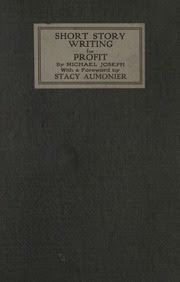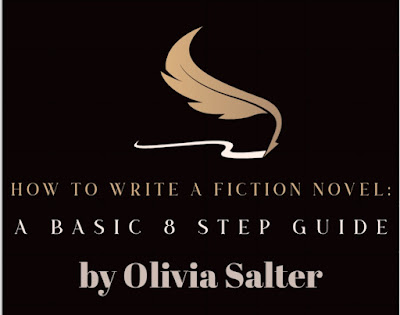Creative Writing Course, Volume 3, by Famous Writers School, Westport, Connecticut
(Volume 4)
FOREWORD BY OLIVIA SALTER
Dear Reader, it gives me great pleasure to introduce "Creative Writing Course, Volume 3," brought to you by the renowned Famous Writers School. In the ever-evolving world of literature, storytelling has remained a staple, captivating readers and transporting them to worlds both familiar and foreign. This course delves deep into the art of fiction writing, guiding aspiring writers on a transformative journey towards mastering the craft.
Fiction has the unique power to ignite our imaginations, elicit deep emotions, and connect us to characters and situations that may seem worlds apart from our own. The ability to weave a compelling narrative with its intricate plotlines, well-developed characters, and vivid settings is a skill that requires dedication, practice, and a profound understanding of the human experience. Through this course, you will embark on a voyage of discovery, honing your writing skills and exploring the endless possibilities of the fictional realm.
The Famous Writers School has long been renowned for its commitment to excellence in writing education. This volume brings together a diverse array of talented authors and instructors, each with their own unique perspectives and insights into the world of fiction writing. As you browse through the pages of this course, you will encounter renowned and celebrated storytellers who have graced the literary world with their visionary works. They will accompany you on your creative journey, imparting their wisdom and sharing their experiences to help you navigate the winding road of narrative craft.
From the art of setting a scene and creating three-dimensional characters to crafting dialogue that resonates with authenticity and skillfully constructing plot twists that leave readers on the edge of their seats, this volume covers a comprehensive range of topics. Whether you are an aspiring novelist seeking guidance or an experienced writer looking to refine your skills, this course offers something valuable for everyone.
In today's fast-paced world, where distractions abound and attention spans are short, the ability to tell an engaging story is a priceless skill. It is in the realm of fiction that we can explore the human condition, challenge societal norms and biases, and provoke readers to look at the world through a new lens. Through immersive exercises, practical tips, and captivating examples, this course aims to equip you with the tools needed to leave a lasting impact on your readers, inviting them into the worlds you create and captivating them from the first line to the final page.
Remember, the journey of a writer is a lifelong pursuit. It is a path marked by countless revisions, feedback sessions, and moments of self-doubt, but it is also a path paved with the joy of creation and the satisfaction of sharing your stories with others. As you embark on this course, embrace the process, celebrate your unique voice, and be open to the magic that unfolds when pen meets paper.
I extend my heartfelt thanks to the Famous Writers School for their dedication to fostering literary talent and for bringing together this exceptional volume. I also extend my warmest wishes to all those embarking on this creative voyage. May your passion for storytelling burn bright, and may your creative endeavors bring you infinite joy and fulfillment.
Now let us turn the page and dive into the vast and enchanting world of fiction writing.


.jpeg)
.jpg)





